What Are The Life Processes
Definition of Life Processes
- Life processes are the basic functions that are essential for the survival of living organisms.
- They include processes that help maintain life, growth, and reproduction.

Essential Life Processes
- Nutrition
- Autotrophic Nutrition: Organisms (e.g., plants) make their own food using sunlight through photosynthesis.

- Heterotrophic Nutrition: Organisms (e.g., animals) obtain food by consuming other organisms.
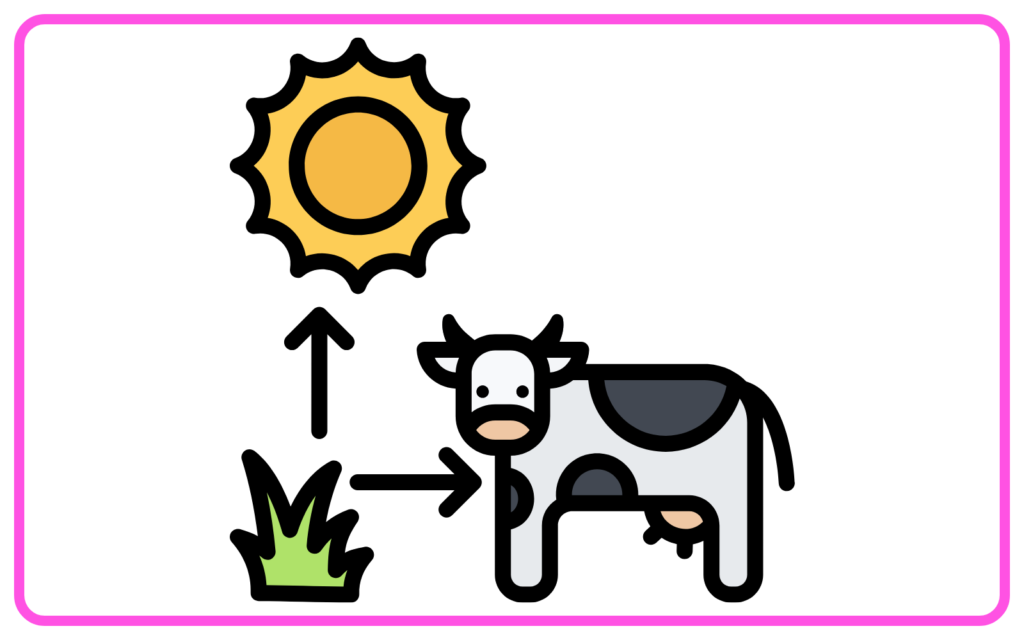
- Respiration
- Aerobic Respiration: Process of breaking down food with oxygen to produce energy (e.g., in humans and most animals).

- Anaerobic Respiration: Process of breaking down food without oxygen (e.g., in some bacteria and yeast).

- Transportation
- Movement of nutrients, gases, and wastes within the organism.
- In animals, this is done by the circulatory system (e.g., blood transport).
- In plants, this is done by vascular tissues (xylem and phloem).
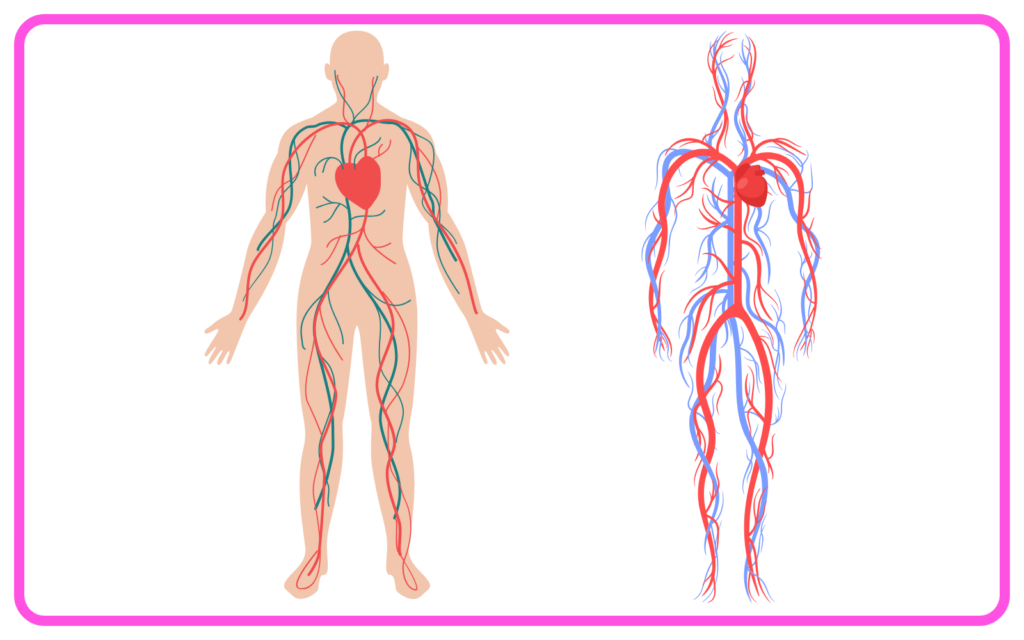
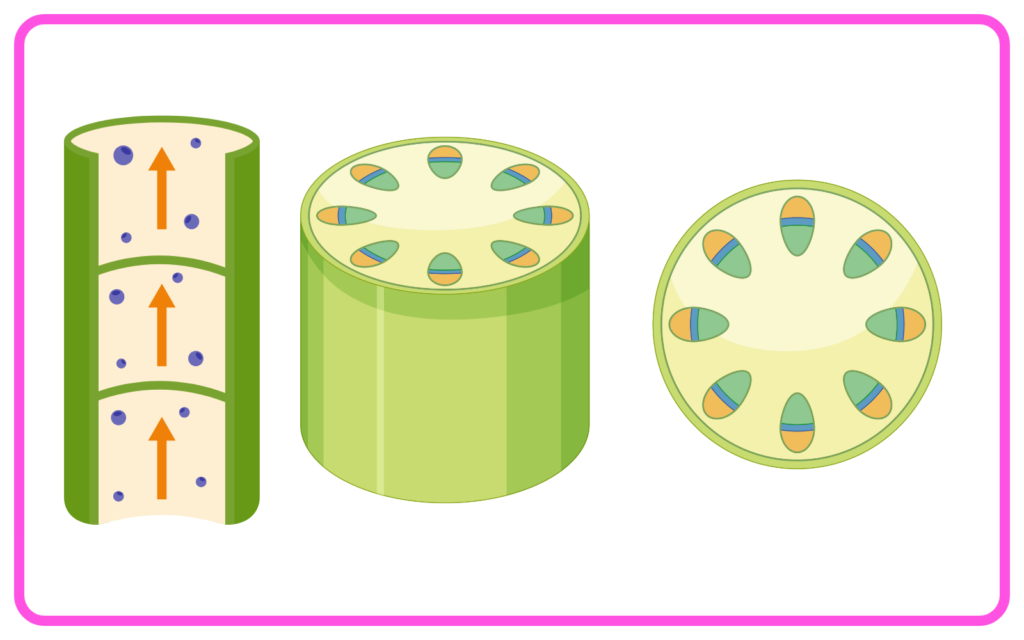
- Excretion
- Removal of metabolic wastes from the body to maintain internal balance.
- In animals, excretory organs include kidneys, skin, and lungs.
- In plants, excretion occurs through transpiration and leaf fall.
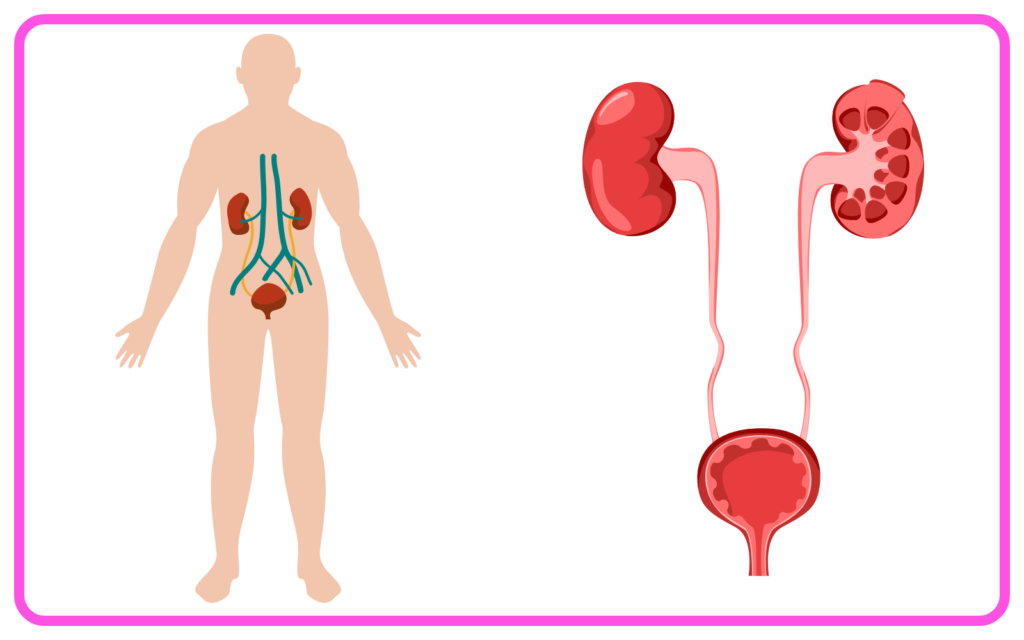
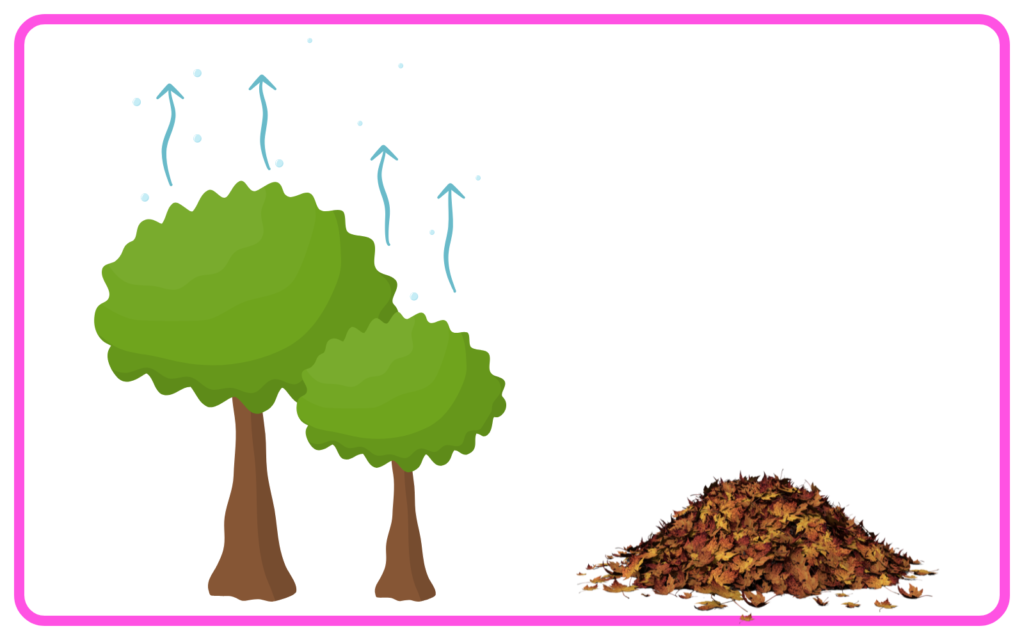
- Growth
- Increase in size and mass of an organism.
- Includes cell division and differentiation to develop new tissues and organs.

- Reproduction
- Process by which organisms produce offspring.
- Can be asexual (e.g., binary fission in bacteria) or sexual (e.g., reproduction involving gametes in animals and plants).

- Response to Stimuli
- Ability of organisms to respond to environmental changes or stimuli (e.g., light, temperature).
- Includes both behavioral and physiological responses.
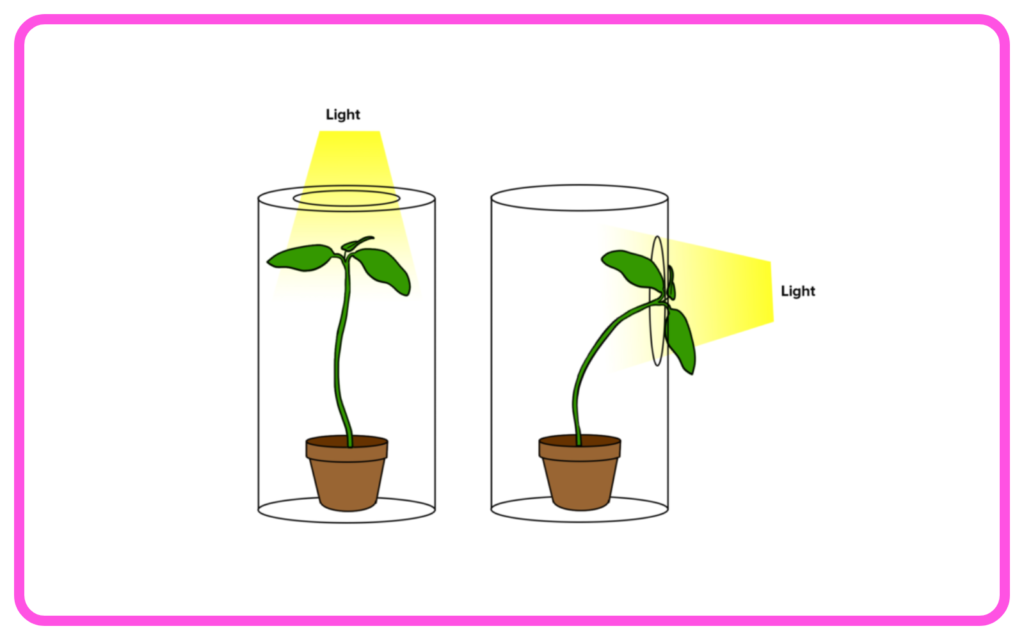
- Homeostasis
- Maintenance of a stable internal environment despite external changes.
- Involves regulation of temperature, pH, and other internal conditions.

Interrelation of Life Processes
- These processes are interconnected and often depend on each other. For example, nutrition and respiration are closely linked, as nutrients are used in respiration to produce energy.
Importance of Life Processes
- Understanding life processes is crucial for comprehending how living organisms function, survive, and interact with their environment.
Examples in Different Organisms
- Plants: Photosynthesis (nutrition), transpiration (excretion), growth, reproduction (e.g., flowering).
- Animals: Respiration (breathing), digestion (nutrition), circulation (transport), excretion (e.g., urination).
Let’s practice!

